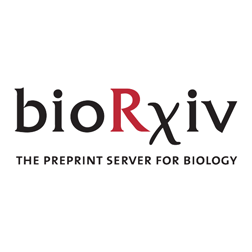
Abstract
Natural Killer T (NKT) cells, which modulate atherosclerosis, include two groups; invariant (iNKT) and variant (vNKT). These subsets differentially regulate the disease progression. Yet, the role of vNKTs in atherosclerosis remains unclear. We induced atherosclerosis by feeding high-fat diet (HFD) to Apoe-/- and analyzed the vNKTs in the liver and spleen. The vNKTs were termed non-iNKTs since they were negatively selected within the NKT population. Available literature suggests NKTs as lipid-recognizing cells; however, to our surprise, the non-iNKT numbers and phenotype remained unchanged between HFD-fed and chow-fed Apoe-/-. This was a blindsiding and unexpected outcome of the non-iNKTs being unaltered and unaffected with or without HFD, indicating no observable impact of atherosclerosis on these subsets. Albeit remaining unperturbed by atherosclerosis, these non-iNKTs demonstrated an identical but unique increase and upregulated activation in both the chow and HFD-fed Apoe-/-. These results instigated an investigation of the baseline correlation of the non-iNKTs between young C57BL/6 (WT) and Apoe-/-. Previously unknown and confounding results revealed upregulated activation and increased non-iNKT numbers but decreased IL-4+ non-iNKTs in the Apoe-/- compared to WT. Furthermore, HFD-fed WT that developed dyslipidemia, elucidated increased hepatic non-iNKTs and splenic IFN-gamma+ non-iNKTs compared to chow-fed WT controls. These results were not perceived in chow and HFD-fed Apoe-/-. Although lipid-responsive, non-iNKTs in Apoe-/- mice failed to respond to lipid stress, unlike those in dyslipidemic WT mice. These findings reveal that loss of Apoe, rather than atherosclerosis itself, drives altered non-iNKT biology. Thus, Apoe deficiency intrinsically dysregulates non-iNKTs, masking disease-associated immune changes. Apoe loss alters non-iNKT number and function, independent of atherosclerosis, and challenges the interpretation of immune responses by NKT subsets in Apoe-/- models. Therefore, this study warrants the use of Apoe null mice in studying NKT cells.
Competing Interest Statement
The authors have declared no competing interest.
Funder Information Declared
Science and Engineering Research Board, https://ror.org/03ffdsr55CRG/2020/001641








